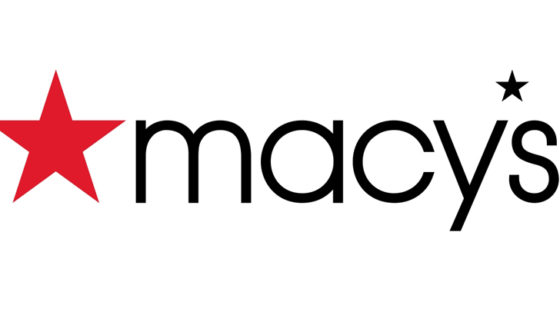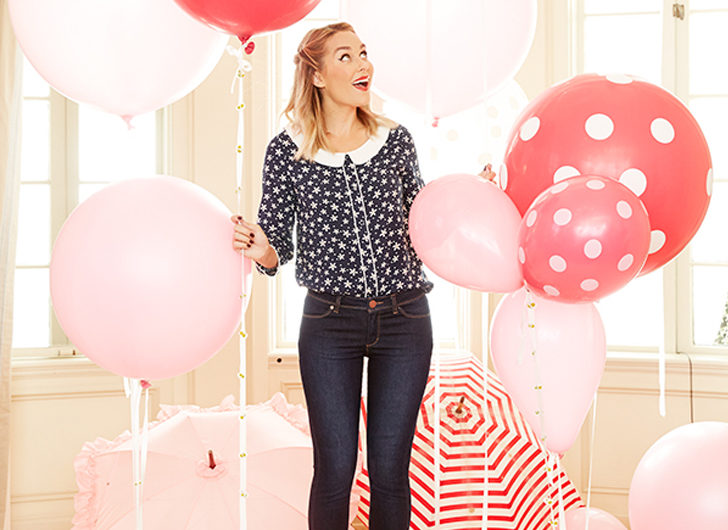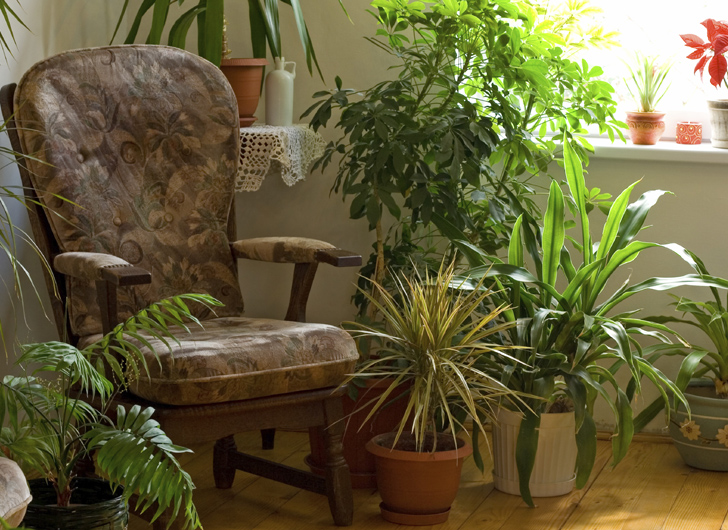BEAUTY + STYLE
How to Curb Impulse Purchases
Published
6 years agoon
 Source: Shutterstock
Source: Shutterstock
Have you ever entered a store for one thing and emerged with a cartload of random purchases? Walked into the mall and suddenly just had to have a pair of shoes because they were on sale? Or have you ever checked your email, only to be lured into purchasing an item from a pop-up ad?
Impulse spending is described as purchasing something you didn’t plan for and thanks to constantly having the ability to be online, impulse purchases have risen considerably in the past decade. And while impulse spending can give us a momentary feeling of happiness, in the long run impulse spending, if left unchecked, can lead to feelings of anxiety, clutter, debt and even depression.
So what can you do if you are suddenly tempted by an online ad, great deal in a store, or random visit to Target where everything looks appealing? Shopping addiction experts all agree there are a few questions you should ask yourself before making an impulse buy:
How many hours will I need to work to pay for this?
By taking the amount of the purchase and figuring out how many hours you would need to work to pay for it, you see the item not in terms of the immediate gratification it will give you, but actually how much labor you would need to put in to pay for it. Especially good if you hate, loathe and despise your job.
Did I plan to buy this?
Ask yourself “did I plan to buy this?” – if the answer is no then take 24 hours to sleep on it. If, after waiting, you still want to purchase the item do some research. Is it available for a better price somewhere else? Are there any coupons I can use to buy this? Is this item really going to be of use to me?
How will I pay for this?
If you don’t have the cash to pay for it and will instead incur credit card debt, walk away. Especially if you will not be paying the credit card off in full at the end of the month. What may seem like a great deal isn’t so great once you tag on credit card interest fees.
What item will I remove from my house to make room for this?
A lot of professional organizers have a golden rule to keep a home clutter-free and that is “one thing in, one thing out.” So ask yourself what item in your home, or closet you are willing to let go of to make room for your new impulse purchase.
Is my money better used elsewhere?
Would the amount you are planning to spend be better used elsewhere? Psychologists agree we find more happiness in experiences, rather than things. So would your money be better spent on an experience with friends and family? Being deposited into a vacation fund? Or placed in a savings account where you can build more wealth and have more security?
And lastly, if you are out in a store and something catches your eye Do Not Touch It! Researchers have found once we touch an item our brain formulates an emotional connection to the product. So walk away and keep your hands in your pockets!
Related Topics:

More From Lifestylogy
-


De-Puff Those Tired Eyes With These Top Tips
-


HGTV’s Best Home Decor Tips: 25 Lessons from the Pros
-


Macy’s to Close One Fifth of Stores
-


Lauren Conrad’s New Disney-Theme Collection for Kohl’s
-


Miss Universe Pageant’s Major Mishap – Wrong Winner Crowned!!!
-


‘Unicorn Armpit Hair’ Taking Social Media by Storm
-


Kylie Jenner Hints At New Concealer Beauty Range
-


Audrina Patridge Debuts New Swimwear Line in Miami
-


Five Best Air Purifying House Plants